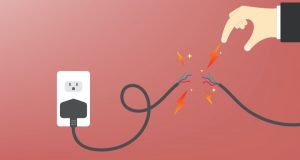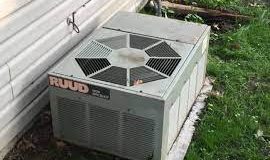Whether or not you or a loved one has been arrested, you likely have at least a small amount of knowledge about bonds and how they work. If you ever do get into a bind, here are the four most common types of bonds and when they should be used.
Surety Bond
A surety bond is also referred to as a bail bond, and is a good solution for a higher bail amount because you typically only have to pay a small percentage of the actual bail amount (normally about 10%). PA bail bonds are a good solution if the defendant is trustworthy and is not a flight risk or someone who may miss any important court dates and required meetings.
Cash Bond
A cash bond is when cash is paid for the full bail amount. This is typically done when the bail amount is low enough to be affordable. The court will keep your money until your case is concluded, and in some instances, it will eventually be returned to you less any administrative fees.
Property Bond
Though less common, some states allow a defendant to use personal property in lieu of making a bail payment. The property should be worth more than the bail amount (sometimes at least double). This type of bond takes time to process and involves many rounds of signatures and notarizations.
Personal Bond
This type of bond is also less common, and allows a defendant to make a small upfront payment instead of a large bail amount. This is only offered to those who are not seen as a danger to the public and who are not deemed flight risks.
There are many different ways to pay bail. If you ever find yourself in trouble, remember that you do have many available options to choose from.
 Blog For Noob Random thought of a Noob Blogger
Blog For Noob Random thought of a Noob Blogger









